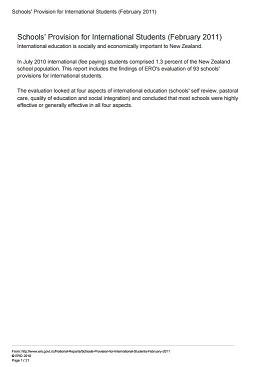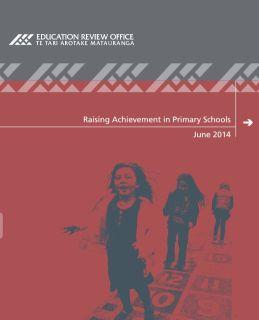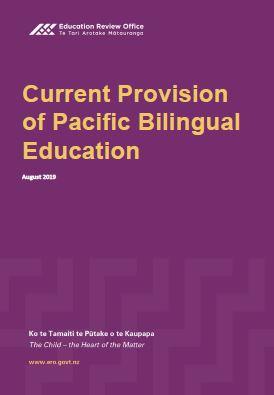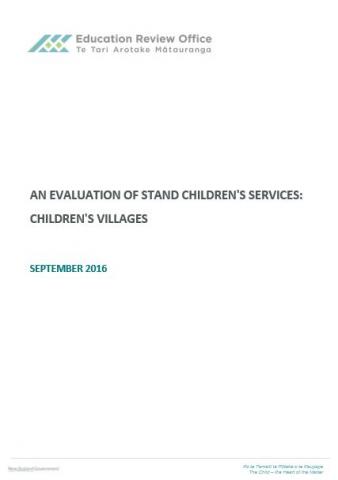Building resilience and self efficacy
Published: 04 Sep 2017
Students acknowledge the role leaders and teachers play in instilling in them the self-belief to become confident, connected, actively involved, life long learners
- Audience:
- Education
- Parents
- Schools
- Content type:
- Research
- Topics:
- Evaluation indicators
- Teaching
- Curriculum
- Video
- Improvement in Action Te Ahu Whakamua




